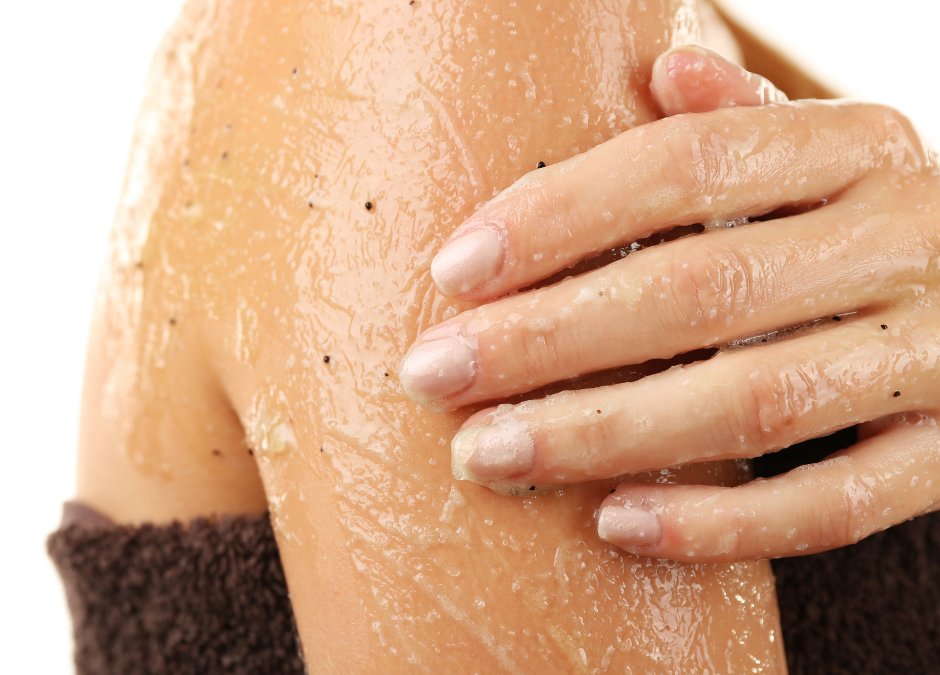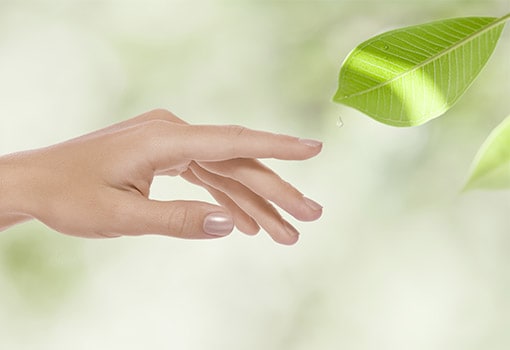Exfoliation is a common step in many people’s skin care routines, and it’s certainly discussed a lot. Some might consider it to be one of the most important steps aside from cleansing your face. What is it, and is it something you need to do?
uncovering new skin
Exfoliation is the removal of dead skin cells from the surface of the skin. Over time, skin cells age; they may sit on top of the skin surface and become dry or flaky. The build-up can clog pores and give the appearance of dull skin. When you are young, your skin renews itself and self-exfoliates more regularly. Dead cells are sloughed off, revealing new skin underneath.
However, this process slows down as you age. So exfoliation becomes more important as you get older. It helps nudge the renewal process along so cells shed, making way for new skin to surface.
benefits of exfoliation
How does this translate to your complexion? Exfoliation removes the dead skin on top and reveals fresh, younger skin underneath. Your skin will look more radiant. Exfoliation helps clear pores, and it will also smooth the skin’s surface, which makes for a better canvas for the products that come next. As an added plus, moisturizers and makeup will absorb better into exfoliated skin.
product types
There are generally two types of exfoliants – mechanical and chemical. Mechanical exfoliants are products like scrubs, which exfoliate physically. Chemical exfoliants are acids, most commonly, alpha and beta hydroxy acids.
Because mechanical exfoliants involve scrubbing elements, some may find it a little harsh or abrasive on the skin. On the other hand, acids can be irritating as well if your skin is not used to them, so it’s important to follow the directions and ease into use.
It’s best to use a gentle exfoliant, especially when first starting out. Don’t overdo it — as irritation and redness can occur. Generally, it’s recommended to exfoliate a few times a week.
And be sure to moisturize, to give your skin that healthy glow!
Sources: Allure.com; HonestyForYourSkin.co.uk













